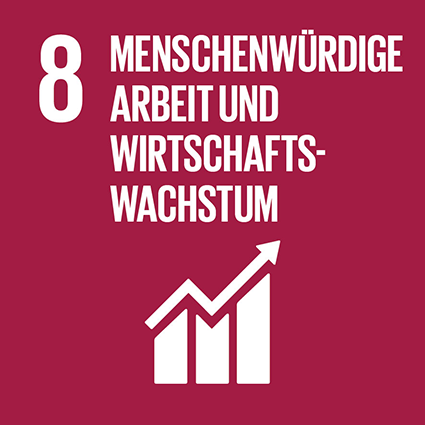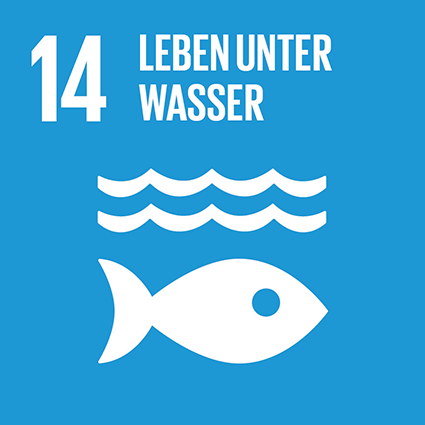Leveraging systemic shocks for integrated climate change adaptation and mitigation
Abstract
An increasing number of climate-driven shocks will likely overstretch current individual and collective coping capacities. How-ever, on the other side catastrophic shocks may enable the transformation to decarbonisation and resilience of our society, if the rebuilding phase after an event is used for a broad societal transformation process and not only quickly restores the pre-disaster situation. However, many decision makers strive to provide financial schemes that prioritise bouncing back over deep transformation. Fast recovery from shocks typically lacks an integrated perspective on climate change adaptation and mitiga-tion policies. In many cases, climate change adaptation and mitigation policies act in an isolated or even contradicted way. They have different goals, instruments, financial resources, administrative practices, and time perspectives, or lack of imagina-tion how to implement them. The aim of the Build Back Better project is therefore to illustrate how to use shocks for a trans-formative change to lower carbon emissions and higher climate resilience. Build Back Better strives to learn from past and current reactions to exogenous shocks to inform the future with the aim of directing post-disaster learning to transformation outcomes and to avoiding maladaptation, backfire or inaction pitfalls.
Katastrophenschutz Klimaanpassung Klimaschutz
Publikationen
Mitarbeiter*innen
Thomas Thaler
Priv.-Doz. MMag. Thomas Thaler Ph.D.
thomas.thaler@boku.ac.at
Tel: +43 1 47654-85412
Projektleiter*in
01.11.2021 - 30.04.2024
Michael Friesenecker
Mag.rer.nat. Michael Friesenecker
michael.friesenecker@boku.ac.at
Tel: +43 1 47654-85420
Projektmitarbeiter*in
01.11.2021 - 30.04.2024
BOKU Partner
Externe Partner

Joanneum Research Forschungsgesellschaft mbH
keiner
Koordinator

Universität Innsbruck
keiner
Partner



